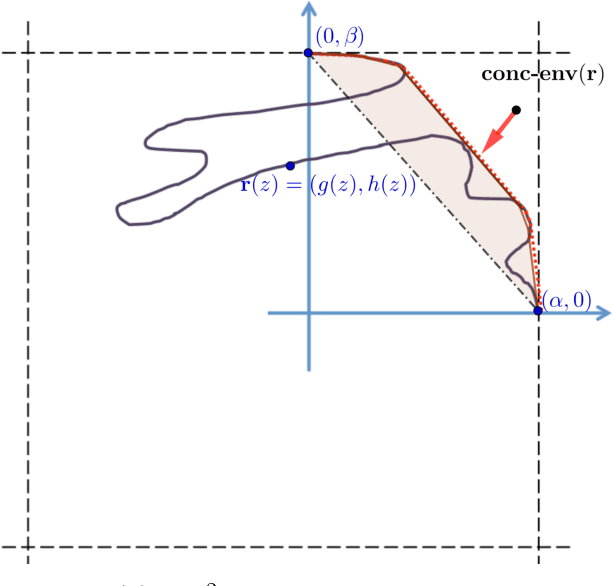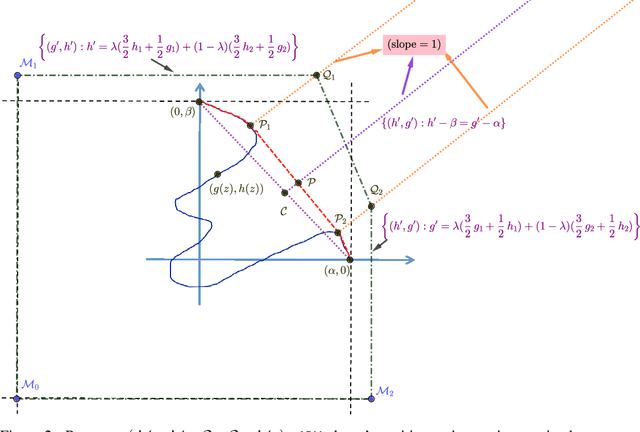Optimal Algorithms for Continuous Non-monotone Submodular and DR-Submodular Maximization
Paper and Code
May 24, 2018



In this paper we study the fundamental problems of maximizing a continuous non-monotone submodular function over the hypercube, both with and without coordinate-wise concavity. This family of optimization problems has several applications in machine learning, economics, and communication systems. Our main result is the first $\frac{1}{2}$-approximation algorithm for continuous submodular function maximization; this approximation factor of $\frac{1}{2}$ is the best possible for algorithms that only query the objective function at polynomially many points. For the special case of DR-submodular maximization, i.e. when the submodular functions is also coordinate wise concave along all coordinates, we provide a different $\frac{1}{2}$-approximation algorithm that runs in quasilinear time. Both of these results improve upon prior work [Bian et al, 2017, Soma and Yoshida, 2017]. Our first algorithm uses novel ideas such as reducing the guaranteed approximation problem to analyzing a zero-sum game for each coordinate, and incorporates the geometry of this zero-sum game to fix the value at this coordinate. Our second algorithm exploits coordinate-wise concavity to identify a monotone equilibrium condition sufficient for getting the required approximation guarantee, and hunts for the equilibrium point using binary search. We further run experiments to verify the performance of our proposed algorithms in related machine learning applications.
 Add to Chrome
Add to Chrome Add to Firefox
Add to Firefox Add to Edge
Add to Edge